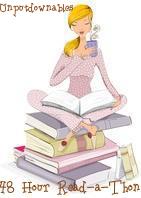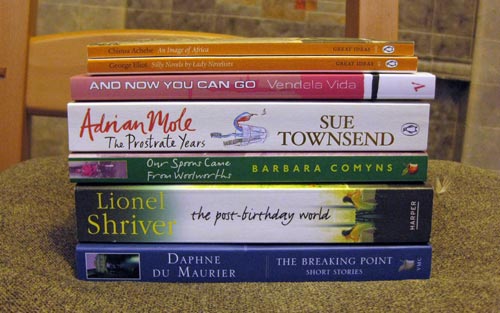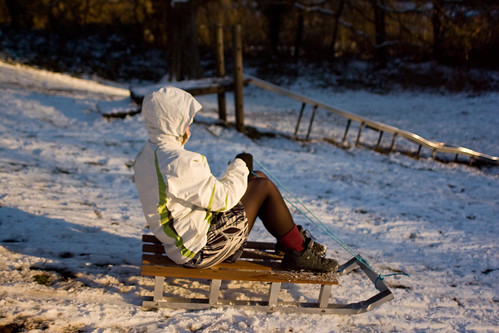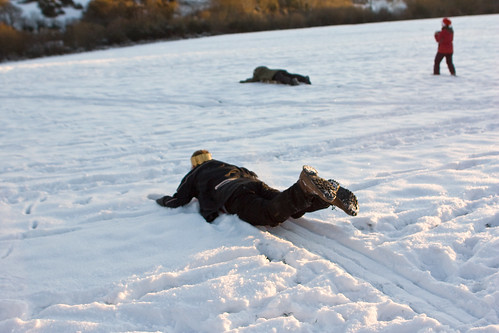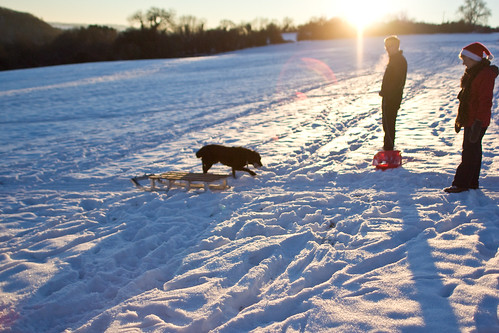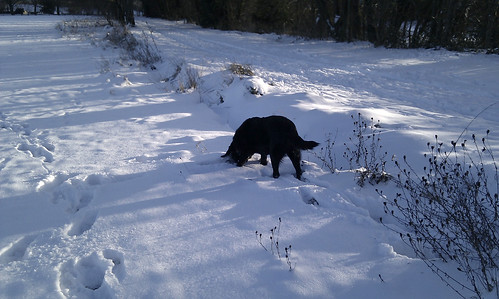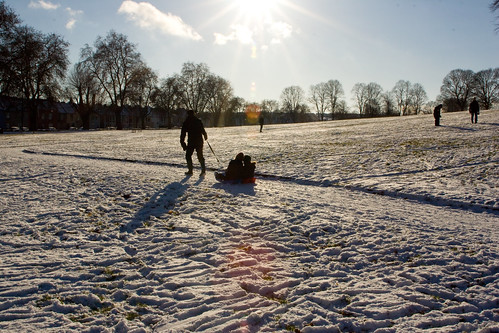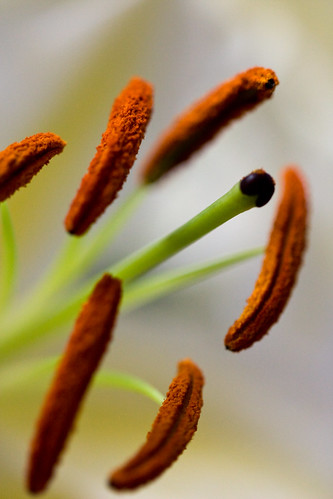48-hour TBR read-a-thon – it’s a wrap
It’s now roughly 48 hours since I turned off the TV and started reading on Friday evening. I’ve got a lot of reading done – two full books, the last quarter of one and the first half of another – and I’ve been thoroughly reminded of the pleasure of putting reading before everything else, of spending hours on end absorbed in the pages of a book, so thank you to Wallace of Unputdownables for the challenge.
I haven’t read entirely solidly, of course. Besides a couple of long nights’ sleep, I also did some housework, ran some errands, met friends for lunch. And I’m not stopping right now either, though I do have evening plans that will prevent me getting much more reading done this weekend.
In total, I finished off Neil Gaiman’s The Graveyard Book, read Saturday by Ian McEwan (on the back of a recommendation from Kath of [Insert suitably snappy title here…]), read Slaughterhouse 5 by Kurt Vonnegut (as recommended by Gusset and several others on Twitter) and made a good start on reading Half of a Yellow Sun by Chimamanda Ngozi Adichie (recommended by Amy of Amy Reads).
All the books I’ve read this weekend were really good, excellent even, and full reviews will follow when I get a chance to write them out! I hope all my fellow read-a-thoners have enjoyed/are still enjoying their weekend reads.
(If you missed my previous posts and are wondering what all this is about, Wallace of Unputdownables challenged her readers to join her for a 48-hour TBR read-a-thon this weekend. I look forward to the next one!.)
